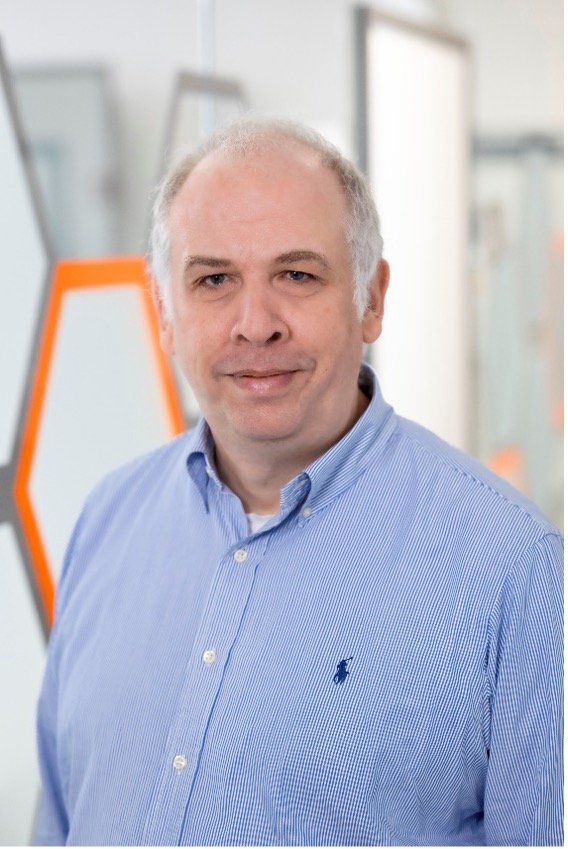
The Gas- und Wärme-Institut Essen e.V. (GWI) is a non-profit research organization based in Essen, in the Rhein-Ruhr Area—Germany’s industrial heartland. GWI has a long-standing tradition of applied research in combustion and process heating for energy-intensive industries.
With expertise in experimental and computational methods, GWI supports the development of innovative solutions to reduce emissions and improve energy efficiency in industrial systems.
Within the H2AL project, GWI plays a key technical role by performing CFD simulations and semi-industrial experiments on a scaled-down version of the new burner. These investigations aim to assess burner performance using both natural gas and hydrogen, and provide critical validation data to the simulation teams.
In addition, GWI conducts Geographic Information System (GIS) analyses to identify aluminum production sites that are geographically aligned with hydrogen valleys or expanding hydrogen grids across Europe.
GWI’s main goal is to generate experimental and modeling knowledge that supports the decarbonization of process heat in energy-intensive industries. Specifically, H2AL allows GWI to:
GWI brings a combination of scientific and technical capabilities to H2AL, including:
A key challenge lies in transitioning theoretical and small-scale research into industrial-scale solutions. GWI addresses this by combining high-fidelity CFD simulations with real-world testing under semi-industrial conditions.
Their GIS work also bridges the gap between technical development and strategic infrastructure planning, ensuring that hydrogen solutions are not only functional but geographically and economically viable.
Through H2AL, GWI aims to prove that hydrogen-based heating technologies are not only effective but replicable, thereby encouraging broader adoption across European industries.